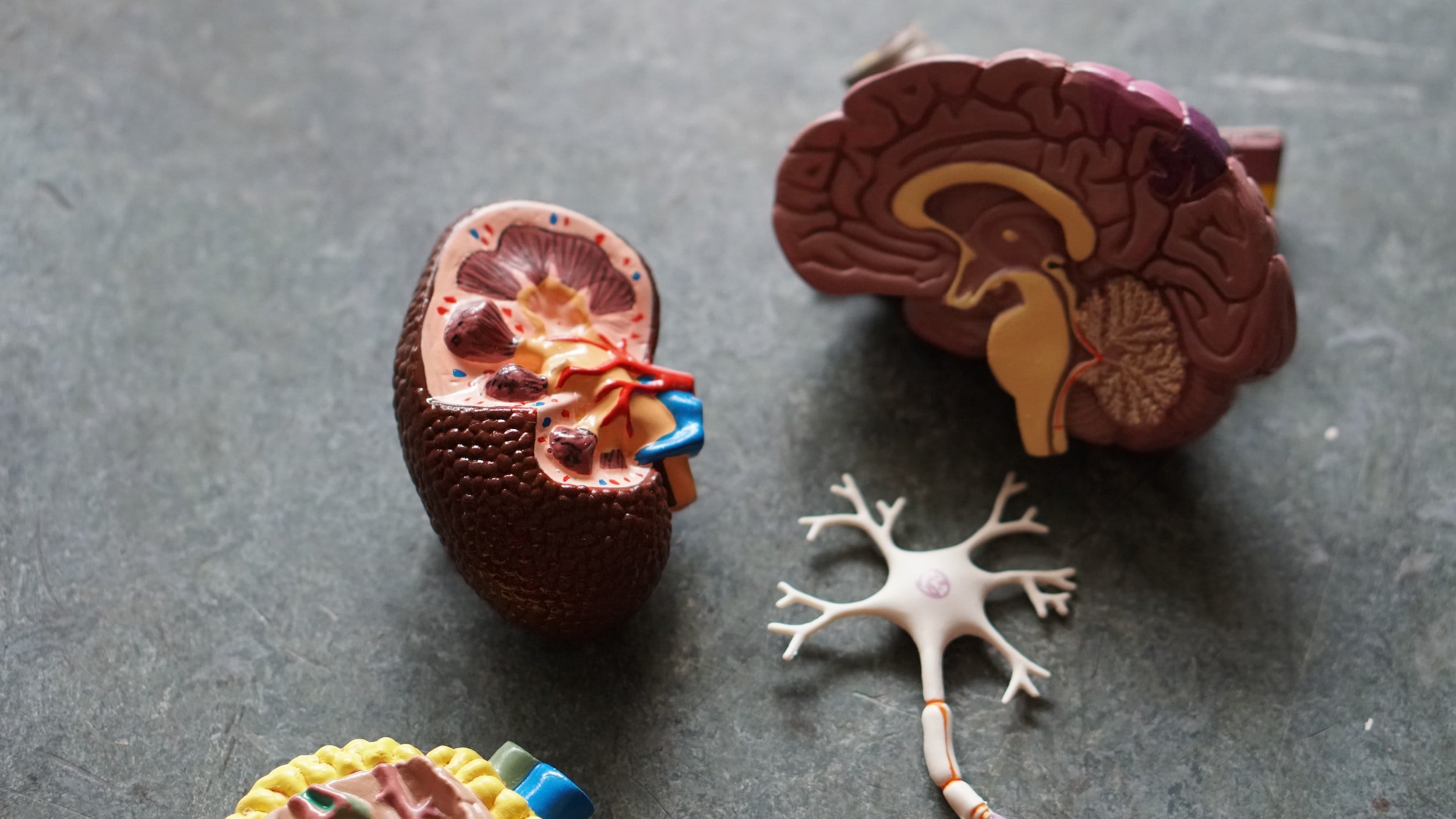
Kidney Disease FAQ
What is Chronic Kidney Disease or CKD?
When someone is diagnosed with chronic kidney disease, it means that at least part of their kidney’s function has been impaired. Loss of kidney function can be gradual or it can be rapid. It can be permanent or it can be reversible. Kidney disease specialists are needed to help determine the degree of kidney impairment and provide therapeutic options to slow or halt the progression of kidney disease.
What do my kidneys do?
Your kidneys are responsible for filtering and cleaning your blood. They are made up of millions of little “washing machines” called nephrons that work throughout the day to help eliminate waste in the form of urine. Just as importantly, your kidneys are smart enough to keep the nutrients and electrolytes that your body needs from being excreted.
What is a Nephrologist?
A nephrologist is a kidney disease specialist who diagnoses, treats and manages patients with kidney disease, kidney failure, and kidney transplant. They are also experts in blood pressure management, electrolyte disturbances, and prevention of kidney stones.
How common is CKD?
The latest data from the CDC shows that more than 1 in 7 or 15% of US adults are estimated to have CKD. That is about 37 million people! As many as 9 in 10 adults with CKD do not know they have CKD.
How do you measure kidney function?
Kidney function is typically measured by a blood test called the serum creatinine. The result of the test can be affected by a variety of factors including sex, diet, medications/supplements, and exercise habits, to name a few. A kidney disease specialist is required to determine whether an abnormal lab value actually reflects kidney impairment and to order additional urine and blood work that could help make the diagnosis.
What causes CKD?
The most common causes of CKD in the United States are high blood pressure and diabetes. There are other causes of kidney disease that require specialized testing or even a kidney biopsy to diagnose. It is important to determine the cause of your kidney disease because it can affect the type of treatment you will recieve.
What if my kidneys fail?
Kidney failure means that you have lost the majority of your kidney function. It is important to have an established nephrologist to walk you through the options to replace your kidney function, including starting dialysis and undergoing a work up for a kidney transplant.
What are symptoms of CKD?
In the early stages of CKD, you may not feel anything at all. Your kidneys are remarkable and the functional parts can pick up the slack for the parts that are injured. However, in the later stages of kidney disease, toxins that should be excreted start to build up in the body and can cause fatigue, weakness, decreased appetite, and loss of concentration along with signs of fluid build up in the body including shortness of breath and swelling in the legs.
